Toronto Mayor John Tory announced a proposal to implement tolls on the Gardiner Expressway and the Don Valley Parkway (DVP) to pay for transit projects last week, and while the proposal is getting mixed reviews from the public, construction industry stakeholders see the idea as an alternative to using property taxes to pay for infrastructure.
The Ontario Road Builders’ Association (ORBA) commended Tory for taking action to improve the city’s roads, bridges and transit systems in an effort to relieve traffic congestion.
"It’s a recognition that serious action needs to be taken to address municipal infrastructure deficits," said Ashley De Souza, director of government relations for ORBA.
"I think municipalities are sometimes reliant on upper tiers of government — be it the province or the federal government — for funding, and there’s an over burden when it comes to using the property tax base to fund infrastructure."
Andy Manahan, executive director of the Residential and Civil Construction Alliance of Ontario, said this is an alternative for municipalities to fund "big ticket infrastructure."
"This is kind of taking the bull by the horns and saying we need to diversify our revenue sources a little bit. I’m glad John Tory took the leadership role," he said.
Tory made the announcement Nov. 24 during a speech at the Toronto Region Board of Trade.
"I have a plan to make the most significant investment in transit and infrastructure in decades, to cut congestion and get this city moving," Tory said in his speech. "It would see us toll the Gardiner and DVP and dedicate every single penny raised to build transit and fix our roads, and by doing so, make a real difference on unacceptable traffic conditions and overcrowded transit." A road toll of $2 would raise the City of Toronto more than $200 million every year. To achieve an equivalent amount from property taxpayers would involve an increase somewhere between five to 10 per cent, he said.
"On the Gardiner and DVP, these tolls would be paid by those who drive in and out of our city as well as by our local 416 residents, sharing the burden among everyone who uses these city-owned and financed roads," Tory stated.
De Souza stressed the importance of the funding being dedicated specifically for transit projects in order to repair municipal assets and expand the existing transportation networks.
"Just having a predictable, long-term investment plan from the City of Toronto helps when it comes to capacity, when it comes to giving confidence and predictability to construction companies, knowing that there’s a consistent pipeline of projects," said De Souza.
"It’s going to be vitally important as this moves forward at city council to ensure that all funds are dedicated specifically for transit and transportation and that they are not siphoned out to other priorities."
According to Manahan, in 2001, LIUNA Local 183 supported a proposal that would have widened the DVP so that there would be one toll lane in each direction.
"We knew there was going to be some backlash because we knew people were going to say they already paid for this existing road," he explained.
"The idea was to see if we could widen the road. If you created the extra toll lanes but didn’t take away any of the existing lanes, then you would negate the argument ‘we’ve already paid for this through taxes.’"
The idea did not take off at the time.
"The city at that time was still very gun-shy about road tolling so they didn’t even agree to do a feasibility study from an engineering perspective," Manahan explained.
He said no decisions have been made on Tory’s announcement to date and it could take some time before the tolls are implemented.
"It’s probably going to be a two-year process before we see anything happen with respect to road tolls," said Manahan.
"There’s a whole political process of debating and voting. There is definitely going to be a lag but hopefully when it does come on stream then it will be a predictable source of revenue."
He added the key is that Tory recognizes the funding has to be put into transit and not a general purpose fund.
"We’ve always said that whatever the revenue tools are going to be, you’re going to get more public buy-in if it’s dedicated to transportation — whether it’s rehabilitating the Gardiner or putting it into some form of public transit," he stated.


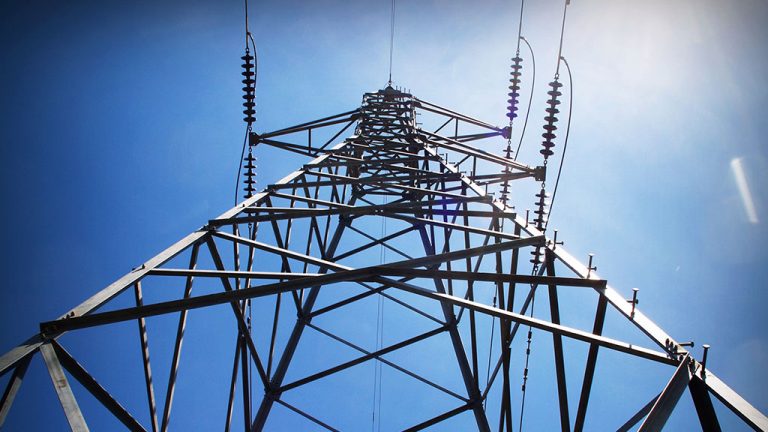
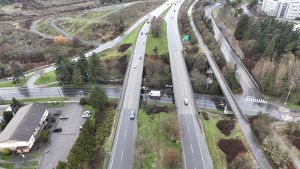

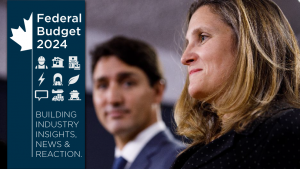

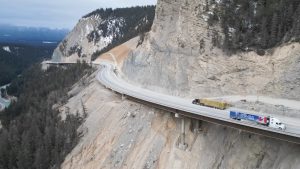
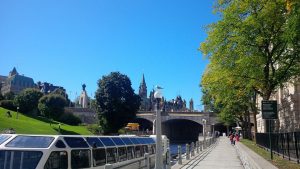

Recent Comments
comments for this post are closed